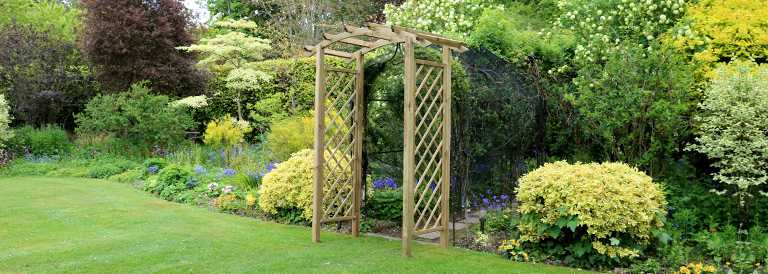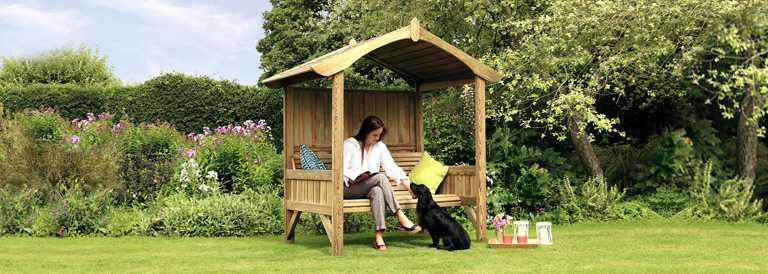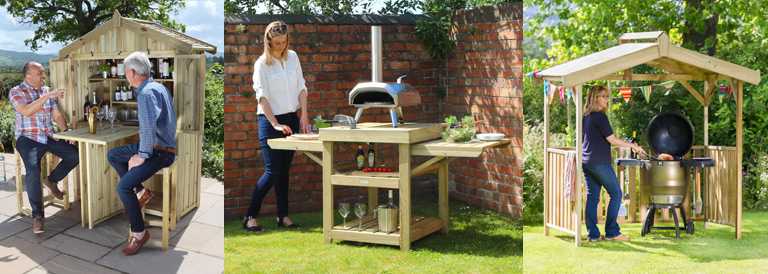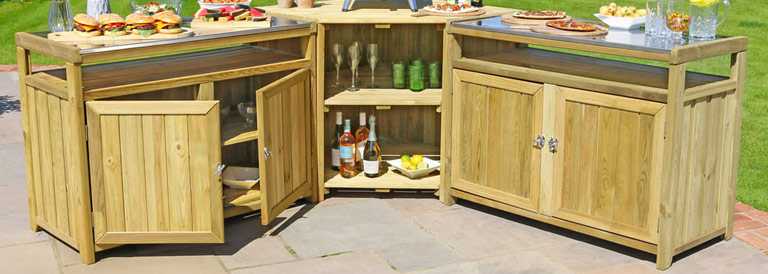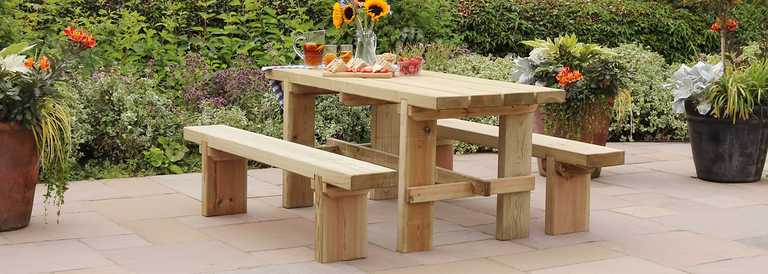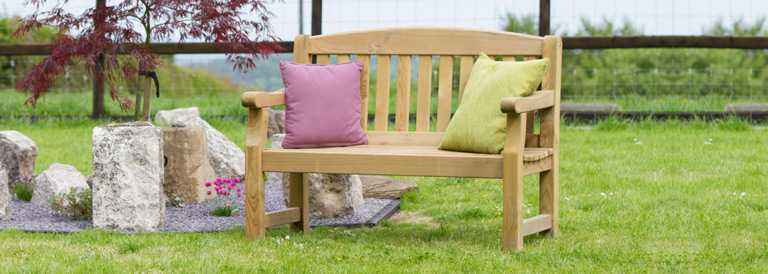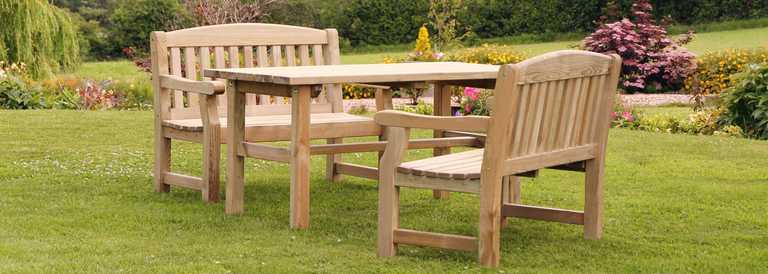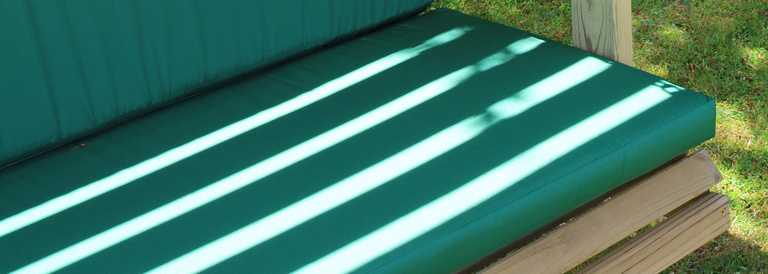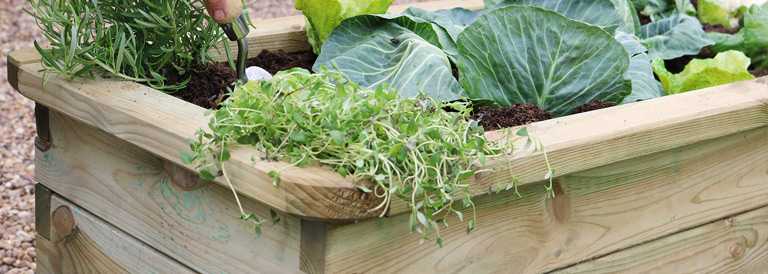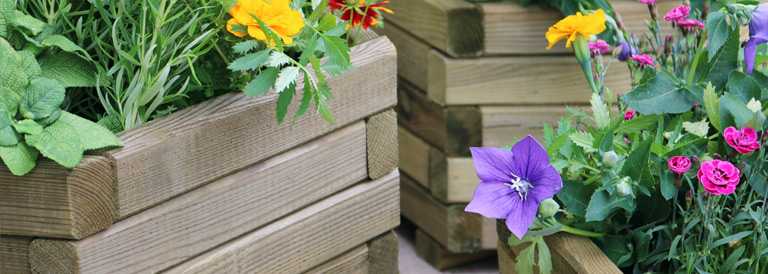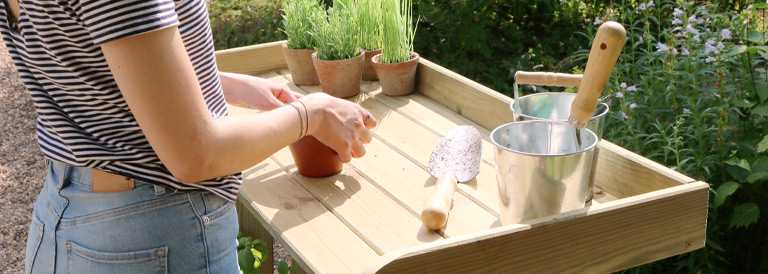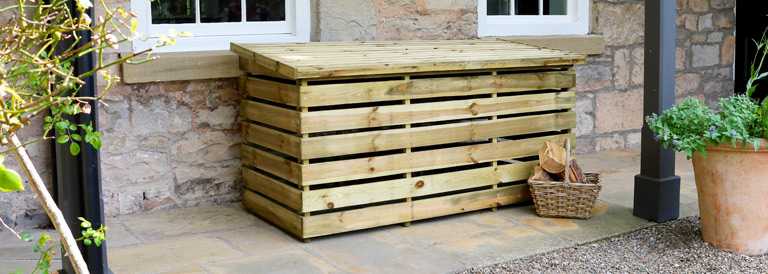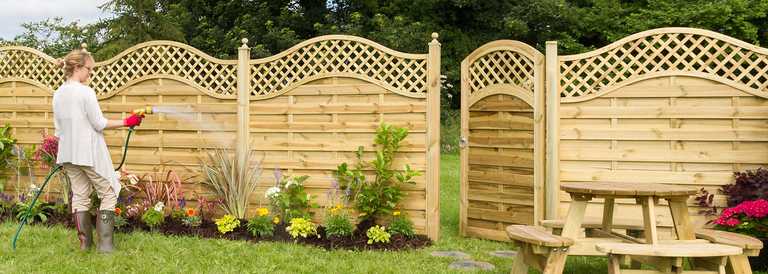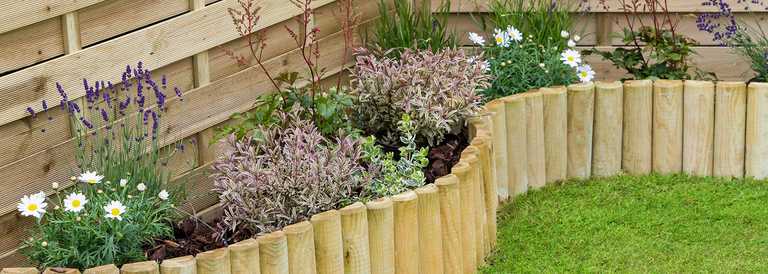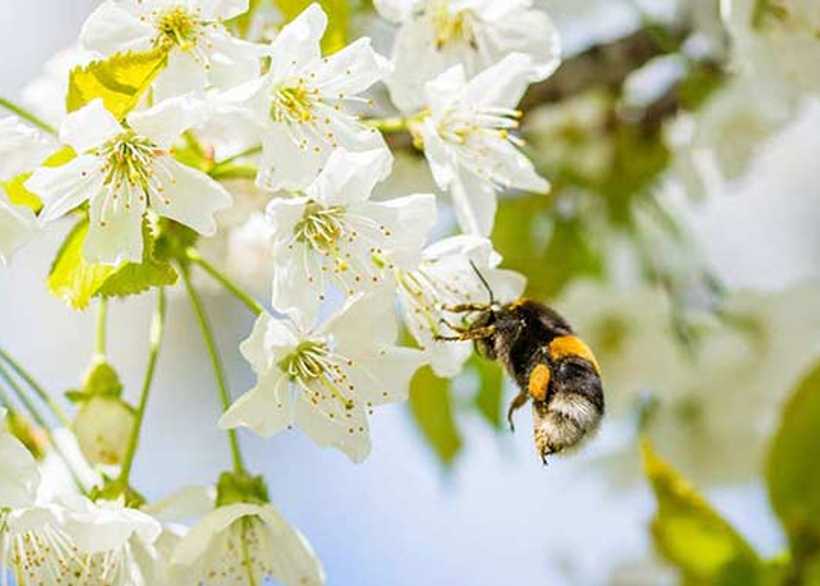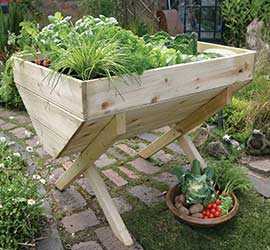Now is a crucial time to help protect and save the bees in your garden. Did you know? A third of the UK’s bee population has disappeared in the last decade! Over 35 British bee species are under threat and 13 species are already extinct.
But why are bees so important?
Pollinating insects like bees have an essential role to play in our ecosystems. A third of all our food depends on their pollination and a world without them would be devastating to our food production and supply. Yes, methods such as hand pollination do exist, but these methods are labour intensive, very slow and extremely costly to the economy.
How can you protect and save the bees in your garden?
British gardens cover around 667,000 acres, providing food, shelter and breeding sites for a range of garden wildlife. Do your bit for nature – check out our top tips below and find out how to help save the bees in your garden.
Grow the plants that bees love!
You don’t need to go all out to make your garden a haven for those buzzy bees. Simple pot planters, herb planters and even hanging baskets filled with the plants that bees love can really help. However, if you’re feeling more adventurous, why not try a veg bed or potato planter.
Bees love;
- Trees and shrubs such as pussy willows, lavender and crab apples
- Flowers such as snowdrops, crocus’ and winter aconite
- Herbs such as sage, rosemary and chives
- Fruit and vegetables such as strawberries, raspberries and kale
- Wildflowers such as cowslips, comfrey and yarrow
Don’t forget to make a year round ha-bee-tat to help save the bees in your garden throughout the year.
Bees need food and shelter in the colder months as well, so be sure to include plants that will help bees through winter into spring. Primrose, winter flowering clematis and lungwort are great for providing nectar and pollen during the colder months.
Give them some privacy, put down the pesticides and use peat-free compost
- Providing shelter by letting the grass grow can also help save bees in your garden. Leaving some of your lawn grow a little longer will help to give pollinators a place to feed and shelter. Even cutting the grass a few centimetres higher can help!
- Pesticides and herbicides are partly to blame for the bee decline too. Not applying pesticides to plants that attract bees can really help to protect them.
- Using peat-free compost can help preserve our peat bogs which also provide a natural habitat for our bees.

Provide water to help save the bees in your garden
- Bees need water to make food for their young and to keep their hive humid and cool. They collect water during the summer months so why not add an aquatic planter or pond to your garden?
- Bee sure to put some stones, floating leaved plants or even corks on the surface for them to land on safely.

We have lots more handy tips explaining how you can welcome helpful insects and creatures into your garden in our ‘Garden wildlife’ blog.
Strictly Necessary
These cookies are required for our website to operate and include items such as whether or not to display this pop-up box or your session when logging in to the website. These cookies cannot be disabled.
Performance
We use 3rd party services such as Google Analytics to measure the performance of our website. This helps us tailor the site content to our visitors needs.
Functional
From time to time, we may use cookies to store key pieces of information to make our site easier for you to use. Examples of this are remembering selected form options to speed up future uses of them. These cookies are not necessary for the site to work, but may enhance the browsing experience.
Targeting
We may use advertising services that include tracking beacons to allow us to target our visitors with specific adverts on other platforms such as search or social media. These cookies are not required but may improve the services we offer and promote.
